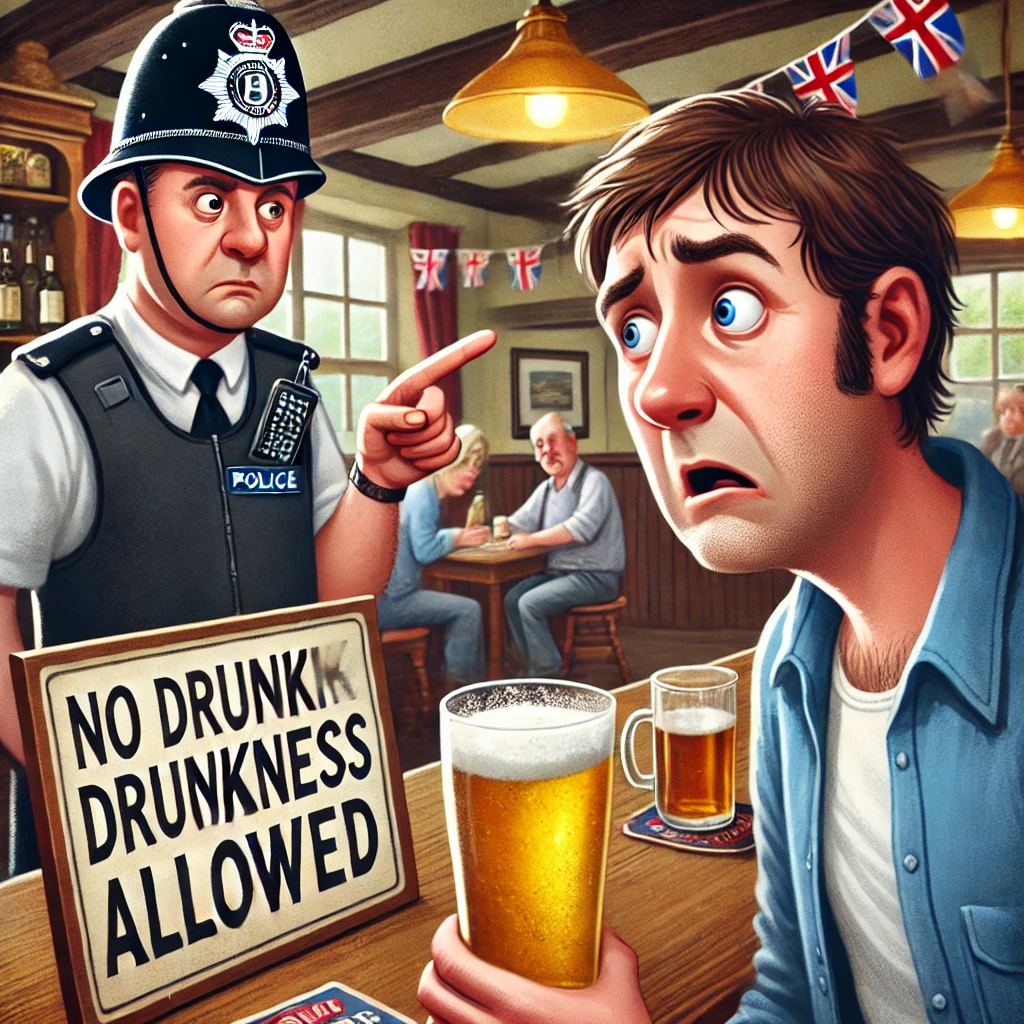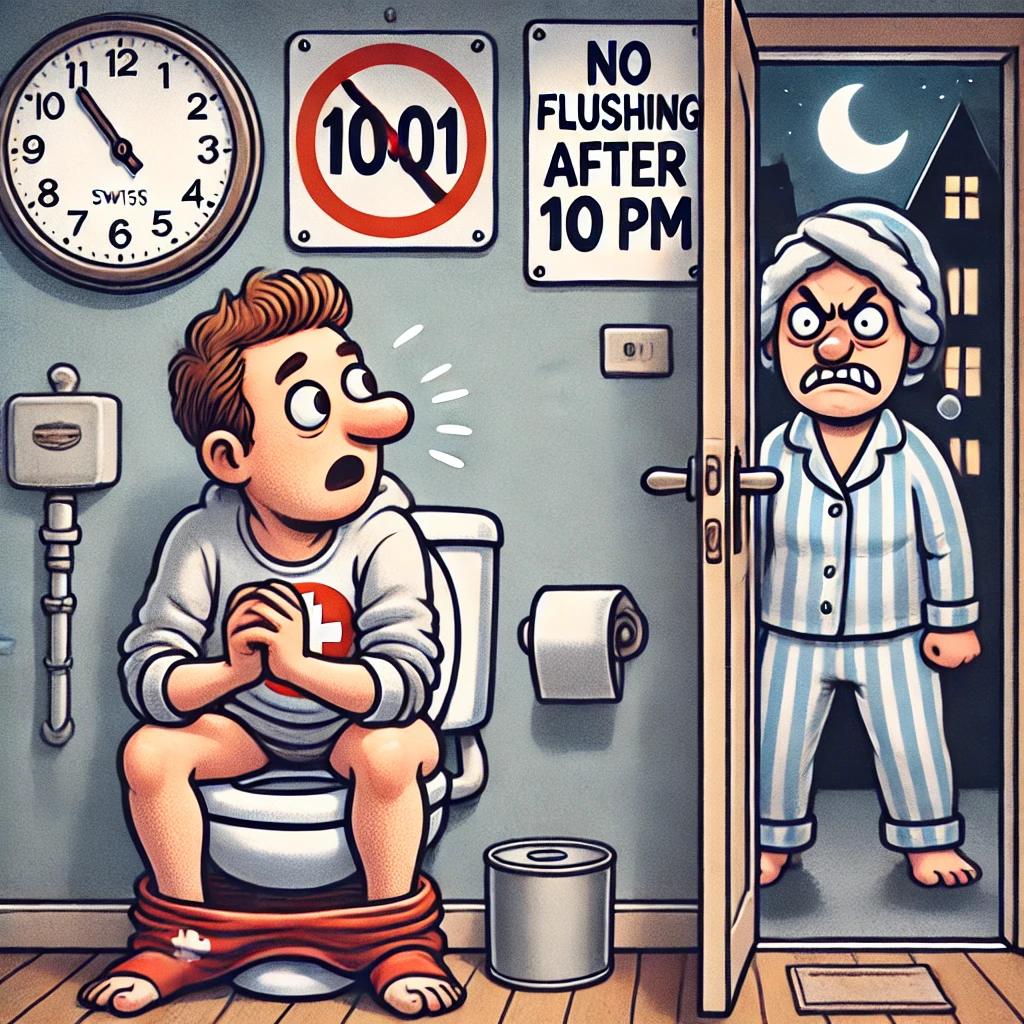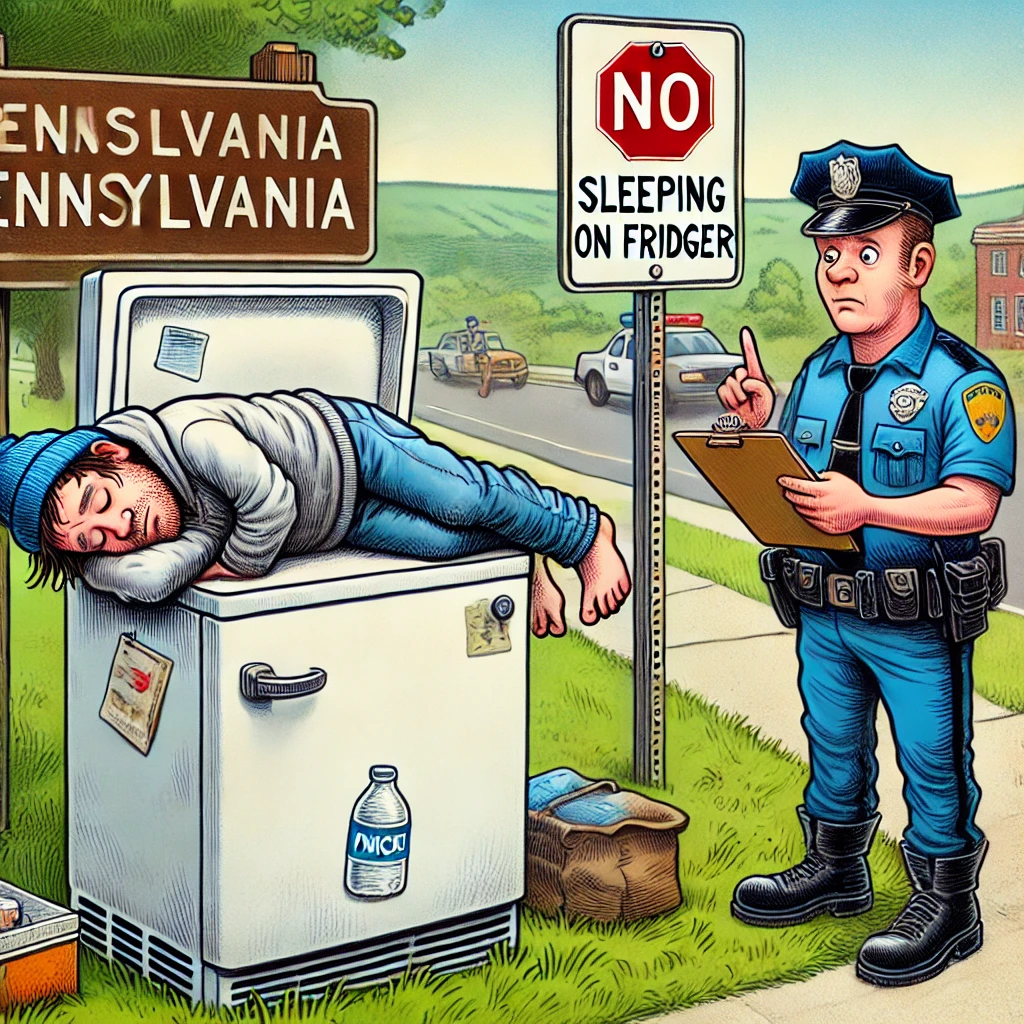 Chewing Gum Ban in Singapore
Chewing Gum Ban in Singapore
When traveling to Singapore, you might want to leave your chewing gum at home. In this Southeast Asian city-state, chewing gum has been banned since 1992, making it one of the strictest and most well-known public behavior laws in the world.
Why Was Chewing Gum Banned?
The ban was introduced by then-Prime Minister Lee Kuan Yew as part of Singapore’s efforts to maintain cleanliness and order. Before the ban, discarded gum was a major nuisance, sticking to sidewalks, seats, and even door sensors on public trains. Cleaning up gum-related messes was costly and time-consuming, leading the government to take drastic action.
What Are the Consequences?
Possessing or selling chewing gum without authorization can result in hefty fines or even legal consequences. The importation of chewing gum is also prohibited, except for therapeutic or dental gum prescribed by a doctor. Tourists caught bringing in large quantities of gum can face fines, and locals selling it illegally risk severe penalties.
Is the Ban Still in Effect?
Yes! Despite international curiosity and occasional criticism, the Singaporean government stands by the ban, emphasizing its effectiveness in keeping public spaces clean. While visitors can chew gum discreetly if they have a medical reason, public chewing and improper disposal are still frowned upon.
Final Thoughts
Singapore’s chewing gum ban is a prime example of the country’s strict public behavior laws designed to promote cleanliness and order. If you’re planning a visit, make sure to respect the rules—because in Singapore, even a small piece of gum can lead to big trouble!




